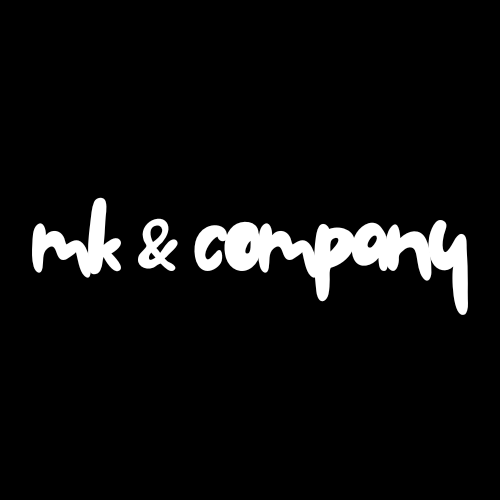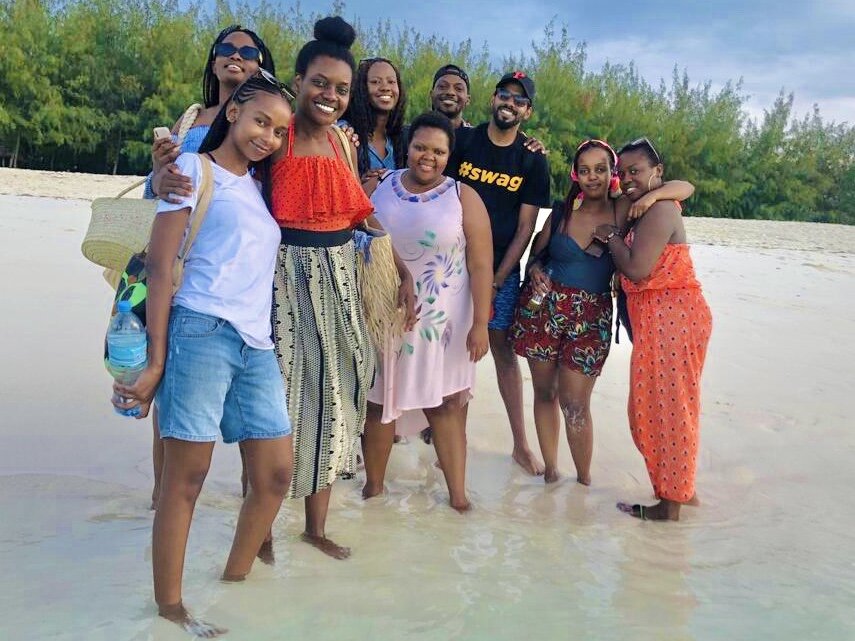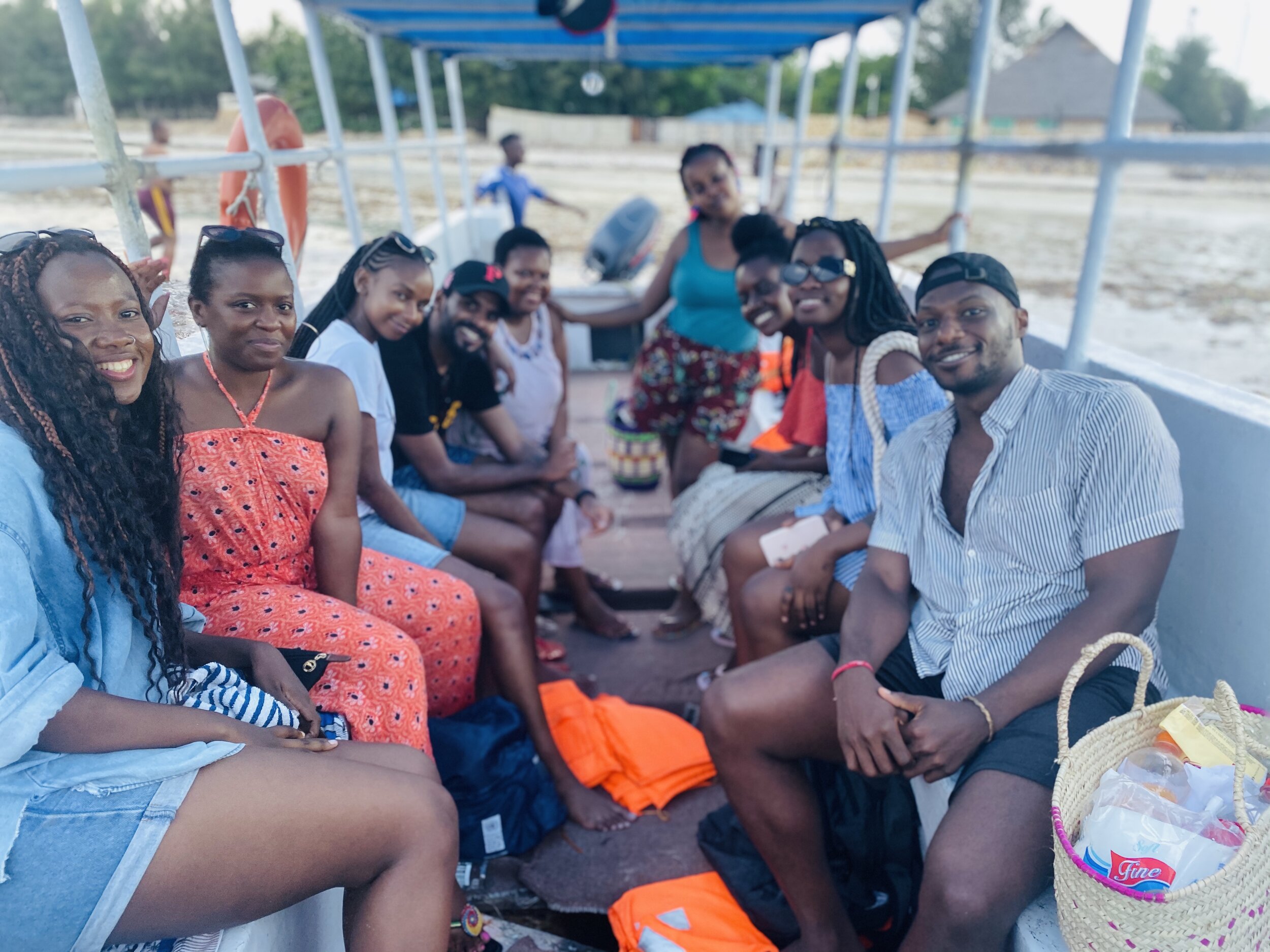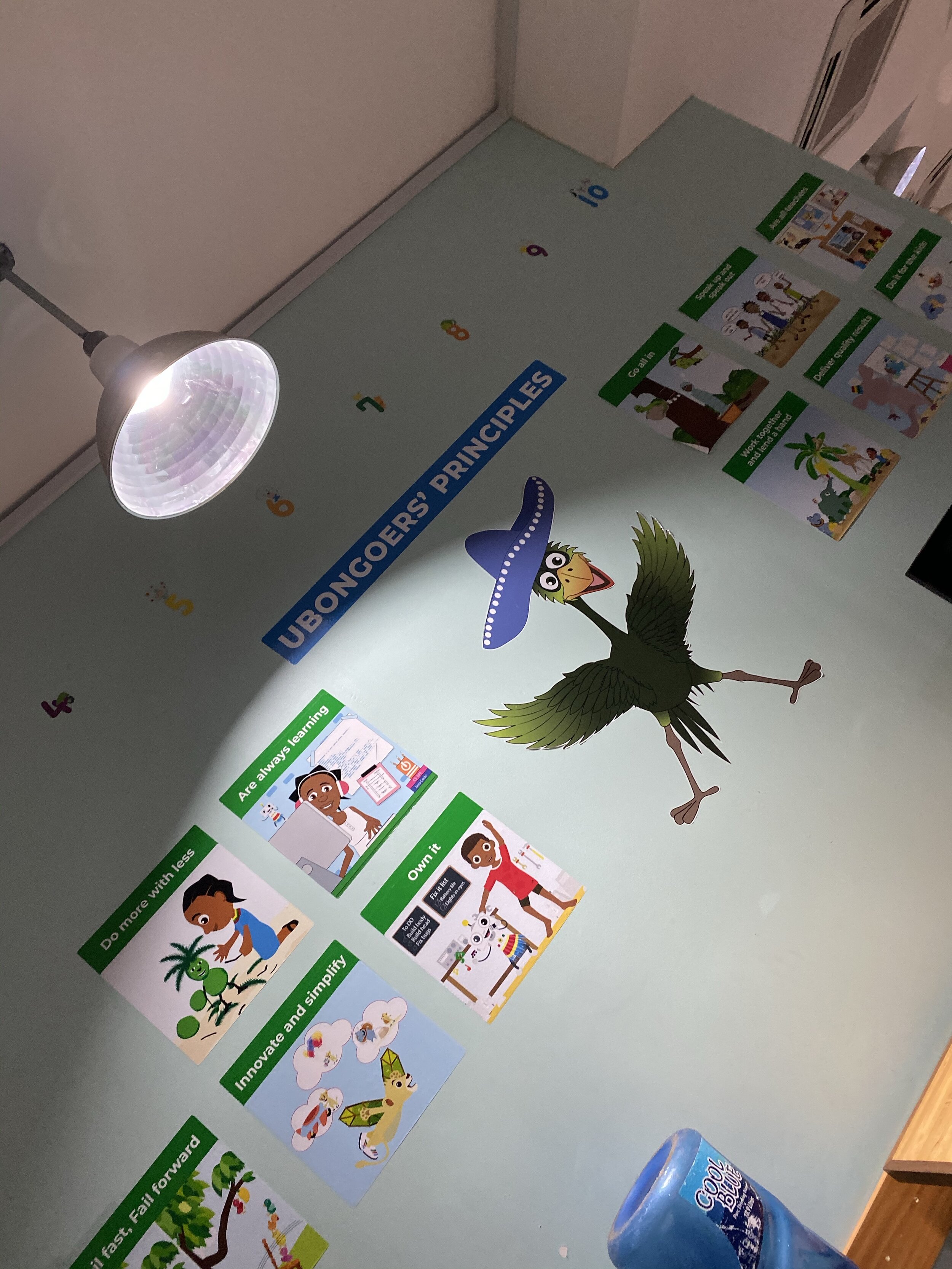What's My Story? And Why Ubongo?
‘We’re so distracted by how things end, we usually forget how beautiful the beginning was” these words play as a constant reminder to me that life is not only about where you are going, but also where you have started. For me, it all began in Kinshasa, Zaire (now the Democratic Republic of the Congo) -- where I was born -- and for the first 6 years of my life, I knew of nowhere else. My life changed on Sept. 6, 1996, when my three siblings and I left our conflict-stricken country for refuge in the United States. While I had numerous questions about what was happening, no one would answer them except with the response, “You’re going to see your mother.” I didn’t really understand that my birth country was on the brink of war, and I also did not know that letting go of my father’s hand would mean that I would not see him for 20 years. Accompanied by an aunt, my siblings and I traveled to the United States to meet our mother, who had left a year before to build a home and life for our family in Dallas, Texas.
‘We’re so distracted by how things end, we usually forget how beautiful the beginning was” these words play as a constant reminder to me that life is not only about where you are going, but also where you have started.
With age, I have become increasingly grateful for my parents’ courage. But I have also come to understand that there are many kids for whom our journey would be impossible, no matter the amount of courage or willpower. These kids are no less deserving of opportunity, and they are my motivation for embarking on my own journey: a journey of building a mission-focused life and career for a cause bigger than myself.
What's My Story?
As a young kid and Congolese immigrant growing up in Dallas, Texas, let’s just say I didn’t have too many role models I identified with on TV and the countless media I consumed. Besides NBA player Dikembe Mutombo, I was always a bit ashamed I didn’t identify with him as much as it seemed like I should have. Though something about his humanitarian work in building the first modern medical facility in Kinshasa, and naming it after his mother, did, however, resonate with me deeply.
You move to this country, achieve a better life, and pay it forward so others who may not be as fortunate to move to the U.S. or Europe, may also have an opportunity to benefit from you “making it” and ultimately realize their own potential as a result.
Even in my early adolescence, I remember thinking about Mutombo's gesture -- it stood out to me as “this is what it’s about.” You move to this country, achieve a better life, and pay it forward so others who may not be as fortunate to move to the U.S. or Europe, may also have an opportunity to benefit from you “making it” and ultimately realize their own potential as a result. Mine and my siblings rush to assimilate into American life was a jolt into the hurried pace to "make it” in a culture that valued individualism but the kind only palpable to the beholders of privilege, even if that meant sacrificing our childhood and understanding of our authentic self.
As a result, I clung to the things and identity that would make me “less” different, less distinguishable that I may not be from here, that may out me as an “other." A sense of otherness that came with jokes on the donated coat I wore to school, which screamed not fly and maybe a girls jacket — but who knows it was free and kept me warm for the winter. An otherness that came with endless mispronunciations of my first and last name (forget about the middle one), and with fear of correcting the violators due in part for my desire to have this uncomfortable exchange end as quickly as it started. This daily struggle of wanting to learn, but feeling not sufficiently equipped to navigate my newfound anxiety of being bullied if not for my clothes, but my accented speech, made school and translating what I was being taught into learning difficult.
I delighted in having a couple of uninterrupted hours of imagination and storytelling, where I escaped with Ms. Frizzle and her students on The Magic School Bus, or empathized with Arthur over his misunderstood crush for Francine, or fights with his little sister D.W.
Every day after school, instead of rushing to do my homework I would spend about 2 hours of my day watching PBS Kids and flip through channels that would air a wide range of cartoons. I delighted in having a couple of uninterrupted hours of imagination and storytelling, where I escaped with Ms. Frizzle and her students on The Magic School Bus, or empathized with Arthur over his misunderstood crush for Francine, or fights with his little sister D.W. Those days after school were a magical time, here the fear of being made fun of for misspelling or pronunciation was gone, I could imagine myself a confident contributing classmate with a diversity of friends like those portrayed in my favorite PBS cartoons, and other shows such as Recess, Hey Arnold, and Zoom Kids.
Why Ubongo?
Though, despite the variety, and perhaps excluding Arthur, the cartoons and shows of my childhood had something in common - they were all foreign (American) productions, the lead characters were very white and their sidekicks if not also white, were the token black kid or maybe another person of color. There were hardly any similarities between the characters and heroes in the imaginary animated worlds I loved and my real life - and this affected my self-esteem.
So it’s extra special for me to find myself working for a company that is changing the narrative and shifting the status quo for both black kids on the African continent and the diaspora.
It's been well documented that media representation has a great effect. Especially in countries like the U.S. where black people are disenfranchised systemically in real life, and also in media. And spend more time watching TV. So it’s extra special for me to find myself working for a company that is changing the narrative and shifting the status quo for both black kids on the African continent and the diaspora.
Cartoons that are breaking the status quo
Unlike when I was growing up in the 90s, now, after a long week at school, millions of kids across Africa wake up bright and early to watch characters that look like them, have familiar names, and ways of speaking.
The show has grown from Tanzania's first homegrown cartoon to a Pan-African series on TV in 5 languages and 31 countries.
In 2014, the first-ever locally-made educational cartoon Ubongo Kids launched in Tanzania. The cartoon, which airs in both English and Swahili follows the problem-solving adventures of the Ubongo Kids: five friends who love learning science, technology, engineering, math (STEM), and life skills and use their new knowledge to solve problems and mysteries in Kokotoa Village. The show has grown from Tanzania's first homegrown cartoon to a Pan-African series on TV in 5 languages and 31 countries.
The cartoon is watched by over two million viewers in East Africa alone and has also gained popularity on YouTube amongst African-American parents looking for positive black cartoons for their kids.
In 2015, Ubongo Learning, the social enterprise that created Ubongo Kids, launched another cartoon for preschool-aged kids, Akili and Me. The star of the show is Akili, a curious 4-year-old that is transported to a magical world in her sleep, where she and her animal friends learn about language, letters, numbers, and art while developing kindness and coming to grips with their emotions and rapidly changing toddler lives! The cartoon is watched by over two million viewers in East Africa alone and has also gained popularity on YouTube amongst African-American parents looking for positive black cartoons for their kids.
While there is also an increase in U.S based cartoons with African-American lead characters, like Doc McStuffins and Sid the Science Kid, the appeal of cartoons like Akili and Me is that they are both educational and also offer Black Americans a sense of connection to Africa that is positive and not based on stereotypes of the continent.
We shouldn’t be satisfied
My 5-year-old niece recently started kindergarten, and she's now hooked on watching Akili and Me. As she continues to grow and gains access to the internet and control of the TV remote, my biggest hope is that she’ll find a plethora of cartoons with protagonists and heroes that are familiar and can inspire her to see herself in the same light.
At Ubongo, I’m able to help correct the wrongs of the past. To build the self-esteem of not only myself but of other kids who are on course to being ripped off by a system of injustice.
Today, I stand before you, not of a victim of my beginning, but a product of a resilient mind. At Ubongo, I’m able to help correct the wrongs of the past. To build the self-esteem of not only myself but of other kids who are on course to being ripped off by a system of injustice. By a system that reinforces the cycle of conflict and poverty so rampant in our communities. A system that chooses to build railways to China instead of building brains of kids with the potential to travel to the moon. A system of injustice that invests in the pockets of politicians instead of today’s generation of 500 million kids who can truly build change if empowered with the right learning tools to become lifelong learners and pioneers in Africa. At Ubongo, we’re not just an organization thinking about these kids, we’re a movement working to use fun, and educational entertainment to help set the foundation for a better beginning for them and the 2 billion babies still to come in the next 20 years.
Like this story? Sign up for my newsletter to get more of my best work.






